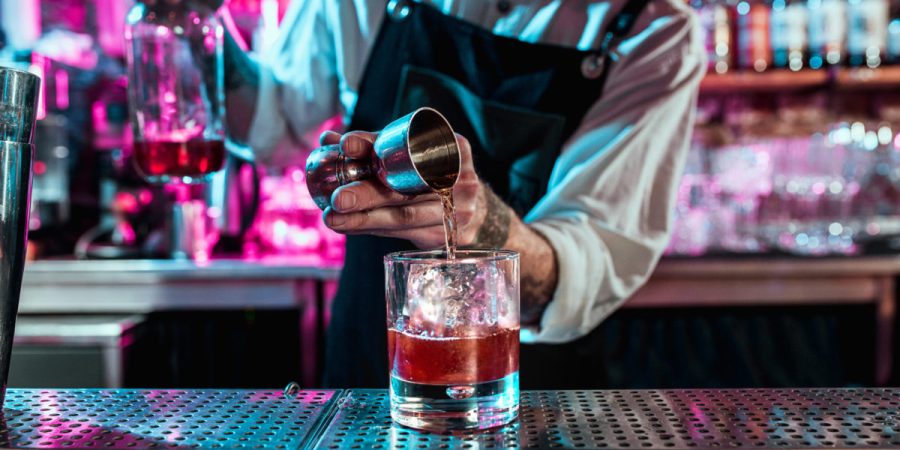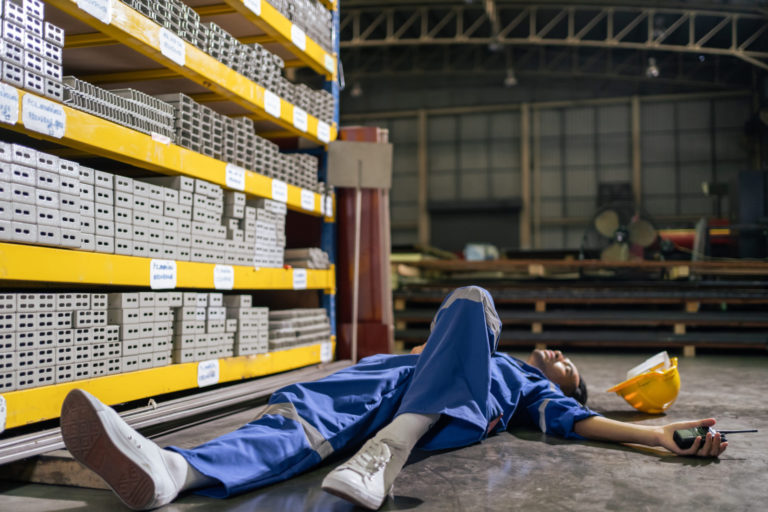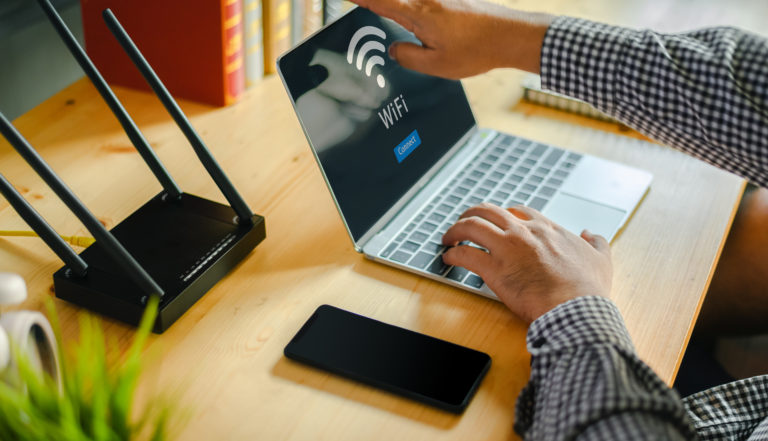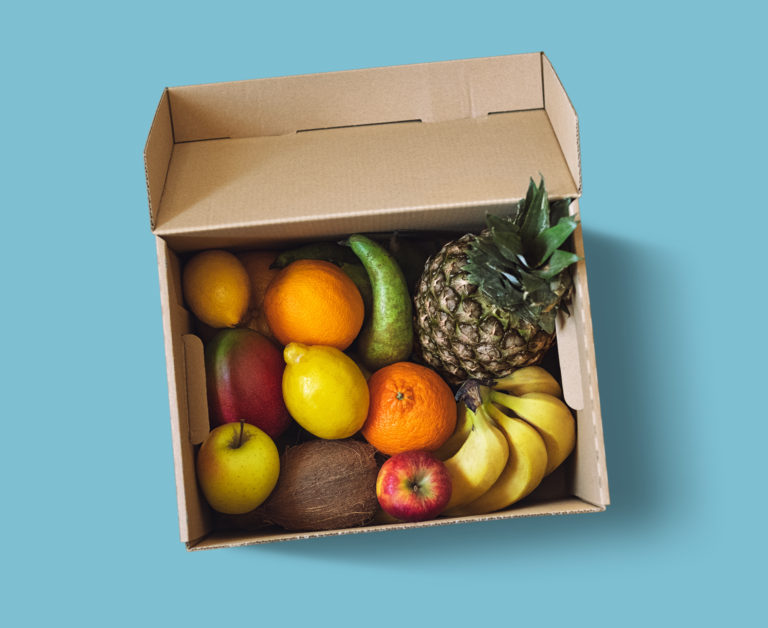If you want to sell alcohol in your business, you must apply for a liquor licence. Liquor licences are controlled by the Singapore Police Force. In this comprehensive guide, we’ll walk you through everything you need to successfully apply for a liquor licence in Singapore.
Here are the 3 steps to apply for a licence to sell alcohol in Singapore:
Step 1: Choose the right type of liquor licence
Step 2: Meet qualification criteria for licence
Step 3: Apply online on GoBusiness Licensing Portal
Additional information to note when getting a liquor licence:
- Complying with liquor licence regulations
- Protecting your liquor business
Step 1: Choose the right type of liquor licence
There are 8 different kinds of liquor licences that you can apply for in Singapore. Make sure you decide which is most suitable for your business. The law regulating liquor sales is called the Liquor Control (Supply and Consumption) (Liquor Licensing) Regulations 2015.
Here are the key factors you should think about when choosing which type of licence to get:
- Do you intend to sell only beer, or beer + liquor? There are different licences for beer-only establishments, versus establishments that can sell beer and other liquors.
- How many hours do you wish to sell alcohol for each day? There are different licences for different opening and closing times.
- Do you intend to allow customers to drink on your premises? Or do you only want to run a take-away liquor store (e.g. wine shop)?
- Do you intend to sell to consumers (i.e. retail liquor business), or do you intend to sell to other businesses (i.e. a wholesale liquor business)?
Here is the list of the 8 different kinds of liquor licences which you can apply for:
Types of Liquor Licences in Singapore | |||
| Licence Class | Business type | Liquor licence cost (SGD) | Suitable for |
| 1A | Sale for on-site liquor consumption from 6AM to 11:59PM | $880/year or pro-rata |
|
| 1B | Sale for on-site liquor consumption from 6AM to 10PM | $660/year or pro-rata | |
| 2A | Sale for on-site consumption of beer only from 6AM to 11:59PM | $460/year or pro-rata | |
| 2B | Sale for on-site consumption of beer only, during specified daily trading hours (these hours to be indicated in liquor licence) | $285/year or pro-rata | |
| 3A | Retail sale* of liquor for consumption at premises other than the licenced premises, from 7AM to 10:29PM**
*Retail sales refer to sales of under 30 litres of liquor, per person
**Restrictions on alcohol sale times don’t apply if you’re delivering alcohol to private residences/establishments (e.g. F&B outlets, people’s houses, etc.) | $110/year or pro-rata |
|
| 3B | Retail sale* of beer for consumption at premises other than the licenced premises only from 7AM to 10:29PM**
*Retail sales refer to sales of under 30 litres of liquor, per person
**Restrictions on alcohol sale times don’t apply if you’re delivering alcohol to private residences/establishments (e.g. F&B outlets, people’s houses, etc.) | $110/year or pro-rata |
|
| 4 | Wholesale* of liquor for consumption at premises other than the licenced premises from 7AM to 10:29PM**
*Wholesale refers to sales of 30 litres or more of liquor, per person
**Restrictions on alcohol sale times don’t apply if you’re delivering alcohol to private residences/establishments (e.g. F&B outlets, people’s houses, etc.) | $110/year or pro-rata |
|
| 5 | Temporary licence | $22/day or $44/week, whichever is lower |
|
Some useful pointers on liquor licences:
- Delivery of alcohol beyond specified trading hours: If you hold a Class 3A, 3B or 4 Licence, the trading hour restrictions only apply for alcohol sales to the public. For instance, if you run a wine shop and hold a Class 3A alcohol licence, you can only sell your wine to walk-in customers up to 10:29PM. This timing restriction explains all those signs you see in liquor stores informing you that alcohol sales will stop at 10:30PM sharp. However, if you’re delivering wine to private residences or establishments (e.g. a customer’s house), then you can continue to do so even after 10:30PM. This explains those late-night online alcohol delivery services that you might have come across!
- Multiple licences allowed: You can hold multiple licences for your business. Let’s say you run a craft beer brewery. You can hold a Class 2B licence to sell your beer at your pub to walk-in customers. You can also hold a Class 4 licence to wholesale your craft beers to other F&B establishments. The only exception to this is if you already have a Class 2A or 2B licence, you will not be granted a Class 3A licence for the same premises.
Step 2: Meet 4 qualification criteria
The law sets out a list of qualifying criteria for persons applying for liquor licences. These criteria ensure that only fit and proper individuals are allowed to sell alcohol in Singapore.
You must meet all of the following criteria in order to be granted a liquor licence:
The 4 qualification criteria are:
- You must have a business entity duly registered with ACRA (this can be any type of business entity, e.g. sole proprietorship, Private Limited, partnership, etc.)
- You must be a Singapore Citizen, Singapore Permanent Resident, or at least have a FIN
- You must be a director of the company, a partner of the partnership, or the sole proprietor of the sole proprietorship applying for the liquor licence
- You must be a fit and proper person (most important criterion)
To be considered fit and proper, you must:
- Not have been convicted or be under investigation for any criminal offence
- Have a good track record of complying with the conditions of any liquor licence previously issued to you or a business that you are/were related to
- Be cooperative with the Police regarding any investigation in connection with the liquor licence
- Not have had any previous licence, permission or permit issued, cancelled or suspended
Because alcohol sales come under strict regulation in Singapore, there is significant emphasis placed on assessing whether liquor licence applicants are fit and proper. For each application, a Licensing Officer from the Police will assess your background to ensure there has been no unsavoury activities tied to the applicant.
Step 3: Apply online on GoBusiness Licensing Portal
The application process for the liquor licence is digital. It’ll take about 15 to 20 minutes.
Here are the steps to apply for the liquor licence online: Go to GoBusiness Licensing portal > Search “liquor licence” > Choose the licence you’re applying for
You will need supporting documents when applying for the licence. The required documents are:
- ACRA incorporation certificate
- NRIC or Foreign IC
- If you run a wholesaling business or have an F&B premises, you’ll need your URA planning permission documents
- If you run a hawker stall, you’ll need your hawkers licence
- If you run a society, you’ll need your Registry of Societies (ROS) Certificate
Incomplete applications will be rejected, so it’s best to get these required documents ready in advance.
Timeline for application:
It’ll take about 3 weeks for you to know the outcome of your application. You’ll get an email, SMS, and physical mail notifying you of the outcome.
And that’s it! It’s a straightforward process to get a liquor licence.
Additional information on liquor licences:
Renewing your liquor licence:
All liquor licences are only valid for up to 1 year. Specifically, a Class 5 temporary licence is only valid for up to 30 days. Your licence will state the exact validity period.
You can renew your licence online, via the GoLicensing Portal.
What are the penalties for selling alcohol without a valid licence?
It’s an offence to sell alcohol without the proper licence. Under Section 15 of the Liquor Control (Supply and Consumption) Act, you can be fined up to $10,000.
Complying with the conditions of your liquor licence:
Once you’ve successfully gotten your liquor licence, you’ll need to comply with the conditions stipulated in your licence. The key compliance factors include the type of alcohol being sold, the times at which you can sell the alcohol, and where you can sell the alcohol.
For example, let’s say you run a wine bar. You hold a Class 1A licence. A Class 1A licence only allows you to sell liquor from 6AM to 11:59PM. If you continue to sell your wine to patrons past midnight, you would have violated your licence terms. This is an offence under Part 2 of the Liquor Control (Supply and Consumption) Act, and you could be fined up to $10,000. You could also get your licence revoked (which would be a death knell to your business model – what’s a wine bar without wine?). Also, you can only sell liquor within your wine bar premises – you can’t, for example, allow patrons to buy liquor for take-away. If you wanted to set up a wine shop within your wine bar, or offer the wine for take-away sale, then you would need to also apply for a Class 3A licence.
There are some key conditions imposed by the Liquor Control Regulations which a licencee must comply with:
Condition 1: No sub-leasing of licenced premises
You cannot lease your liquor-licenced premises to another tenant. This is to avoid abuse of the licensing system by those who do not qualify for liquor licences.
Penalty for breach: Up to $10,000 fine
Condition 2: No management of business by other parties
As the liquor licence holder, you must manage the business yourself. This prevents situations where liquor-licenced businesses end up being managed by parties who are not of fit and proper character.
Penalty for breach: Up to $10,000 fine
Condition 3: No storage of liquors off-site
You cannot store your liquor in another premises that has not been approved under your liquor licence. For instance, if your licence only permits liquor sale and storage at your pub, you cannot store your alcohol in some other warehouse – it’s got to be stored in your pub only.
Penalty for breach: Up to $10,000 fine
Condition 4: Restrictions on service staff employment
Singapore law prohibits liquor licence holders from employing waitresses under 17 years old, or individuals that you know are prostitutes.
Penalty for breach: Up to $10,000 fine
Condition 5: No selling alcohol to drunk patrons or those under legal drinking age
You can’t sell alcohol to customers who are drunk. If you see a customer getting tipsy after too many drinks, you should politely let them know they’d had too much to drink, and stop liquor service. You should also verify the age of patrons who you think are under the legal drinking age of 18. Selling alcohol to drunk or underage patrons is an offence.
Penalty for breach: Up to $10,000 fine
Condition 6: No allowing drunk or disorderly conduct, or gambling
You cannot allow drunk or disorderly behaviour at your premises. For instance, drunk patrons who create a public nuisance and harass other patrons will not only get themselves into trouble, they’ll also drag your business into trouble with the law. You also cannot allow gambling.
Penalty for breach: Up to $10,000 fine
Extending the hours you can sell alcohol
You can apply to extend your liquor trading hours (i.e. the times at which you can sell liquor).
There are two types of trading hour extensions:
- Regular extension
- Ad-hoc extension
Regular Extension Hours:
Regular extension hours will extend your trading hours throughout the year. For instance, a popular extension application involves extended trading hours for Fridays, Saturdays, and the eve of Public Holidays.
You will need to provide the following information when applying for regular extended hours:
- Date you wish your extended hours licence to take effect
- Number of extended hours you wish to apply for
- Days and timings of the extended hours. For instance, if you run an online alcohol delivery service, you could apply for extended hours to deliver alcohol 24 hours a day, 365 days a year.
Ad-hoc Extension Hours:
Ad-hoc extension hours are one-off extensions. These are commonly used by those hosting events where alcohol will be sold.
You will need to provide the following information when applying for ad-hoc extended hours:
- Date you wish your ad-hoc extended hours to take effect
- Number of extended hours you wish to apply for
- Day and timing of the extended hours. For instance, if you’re hosting a 2-day exhibition and want to sell alcohol to attendees, you would apply for extended ad-hoc hours for those 2 days.
Protecting your liquor business:
After you’ve gotten your liquor license, make sure that you protect your business. We offer the most affordable and comprehensive business insurance plans in Singapore. Click the links below to get insured online, in just 3 mins!
- Commercial Property Insurance from $12/month
- Public Liability Insurance with food poisoning extension from $9/month
- Work Injury Compensation (WICA) Insurance from $5/month
- Business Interruption Insurance from $9/month



